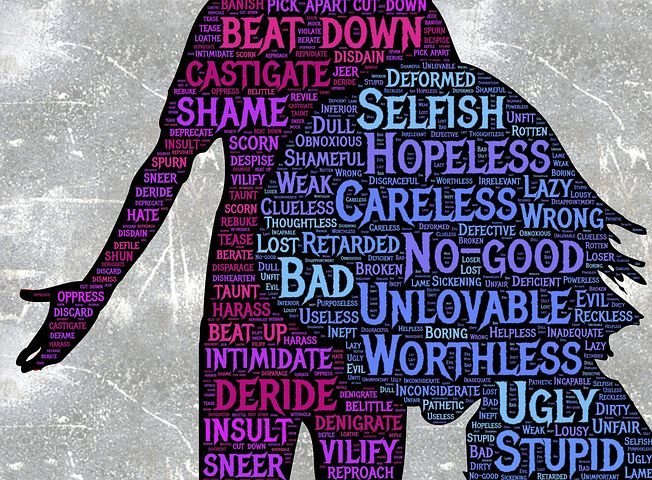Connecting and interacting with people in social settings or otherwise can help develop close relationships and bonds with one another. Once formed, these relationships, like any other aspect of our lives, require nurturing and consistent effort to succeed and become stronger. However, when adequate attention is not lent, and patterns of interaction begin to change for personal gain, i.e., manipulative tactics are put to use, human relationships can start to suffer.
These manipulative behaviors that cause relationship ruptures amongst people come under the larger umbrella of ’emotional abuse.’ This form of abuse is targeted at attacking and questioning an individual’s self-worth and dignity. Constant shaming, blaming, and criticism, coupled with the consistent use of abusive words and bullying behaviors, form the underlying definition of emotional abuse. Most commonly observed in romantic relationships, emotional abuse tactics are also seen in friendships, with relatives, and at one’s workplace as well.
The subtle and guileful use of emotional abuse tactics can make it challenging to identify, especially if one is the main target. Being at the receiving end of such behavior can be overwhelming and mentally draining. The aftermath of enduring such behavior is a negative questioning of the self, our worth, and our perception of reality, putting us in an endless cycle of feeling bogged down by our thoughts and behaviors.
Considering the covert nature of emotional abuse, identifying the different tactics and instances can be a difficult task. In such cases, relying on our inner feelings and how an interaction with people makes us feel can be a factor that helps us understand patterns of emotional abuse.
Some of the most common signs of emotional abuse are as follows:
-
Setting unrealistic demands and expectations from you
-
Expecting you to meet their needs over your own
-
A great sense of dissatisfaction with all your efforts
-
Invalidation of your feelings and emotions
-
Labeling you as being overly sensitive or emotional
-
Not accepting your ideas and viewpoints
-
Making you constantly question your beliefs and values
-
Making situations chaotic by arguing and criticizing
-
Refusing to give affection
-
Social isolation and using the silent treatment
The consequences of prolonged and ongoing emotional abuse can be seen as having a warped sense of self and perception of our reality that is different from the truth. An individual who has gone through the process of being emotionally abused often worries more about being accepted and liked by others as opposed to standing by their ideals and values. Internal criticism, gaslighting, and agreement with the views of the abuser are signs of being emotionally hurt and having low self-esteem.
Once we get sucked into a cycle of abuse, it can get increasingly difficult to move out of it. The first step to moving in a positive direction toward change is acknowledging the abuse and making a self-commitment to break unhealthy patterns. Not justifying the abuser’s behavior and establishing personal boundaries can be a crucial stepping stone on one’s healing journey. Gradually forming a support network with friends, family, and fellow abuse survivors can become a source of strength. Being compassionate to ourselves and seeking professional help from mental health practitioners can help you gain a different perspective and equip you with the skills and tools needed to overcome the patterns of emotional abuse.
Importance of Professional Counseling: A friend or family member may listen to you, but they aren’t professionally, technically qualified or experienced to offer you professional advice. If you wish you can contact us at MindTribe to receive help from our team of expert psychologists.
About MindTribe.in.
MindTribe Founder Dr. Prerna Kohli, India’s eminent psychologist, established the company to leverage the strength of the online to make counseling affordable and accessible to everyone. MindTribe provides counseling, workshops, support groups, forums, and eLearning.
About the Author.
Madhav Nanda is a counselor at MindTribe.in. You can learn more about him by clicking here
Disclaimer: The views and opinions expressed in this article are those of the author and do not necessarily reflect the official policy or position of MindTribe.in, the Founders, or management team.
Acknowledgement: All images used are open source and from Unsplash.

